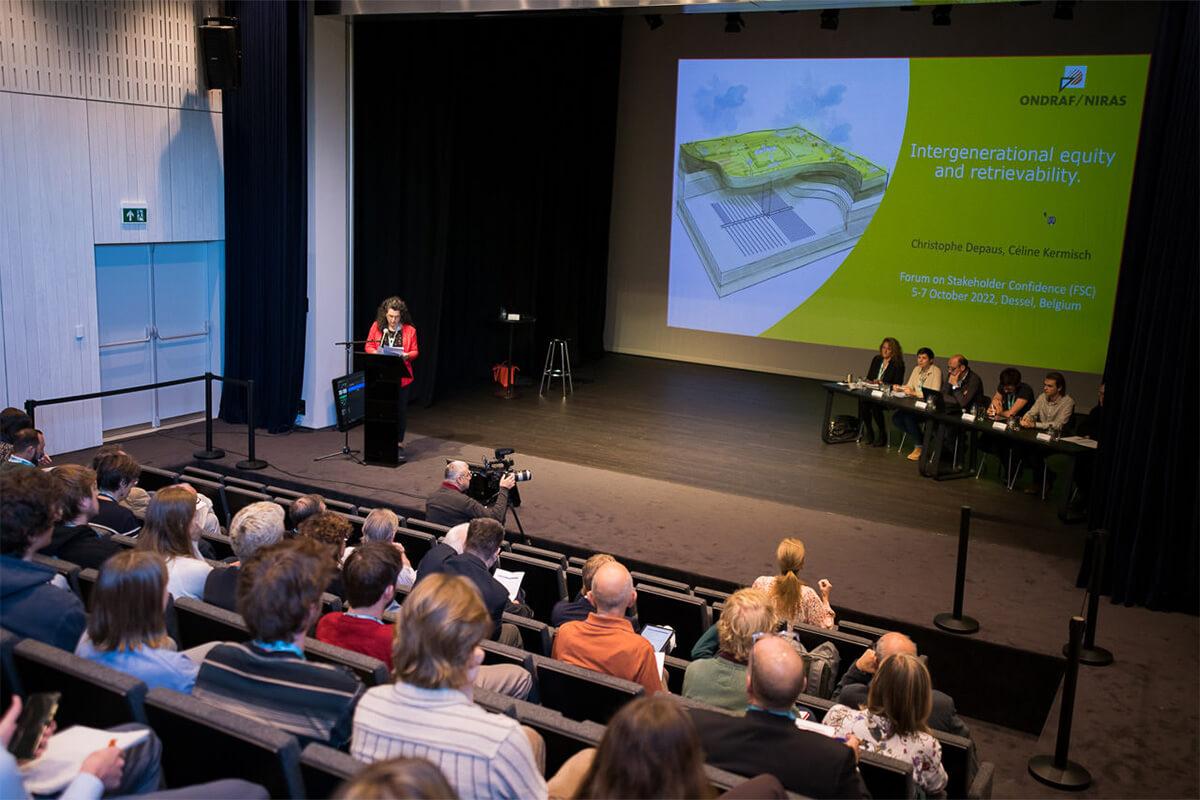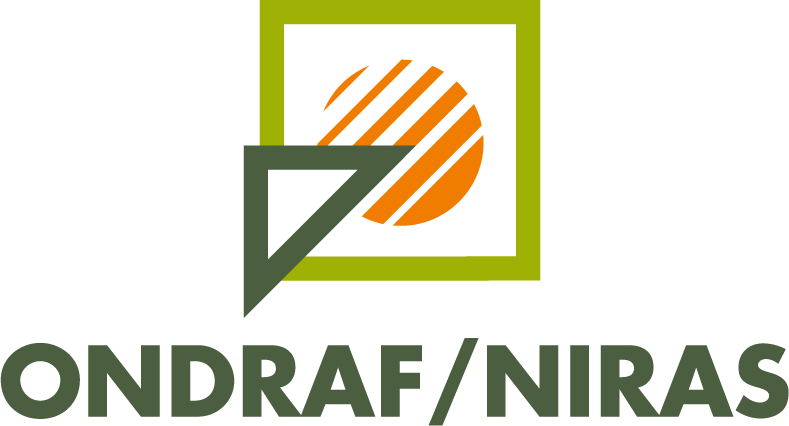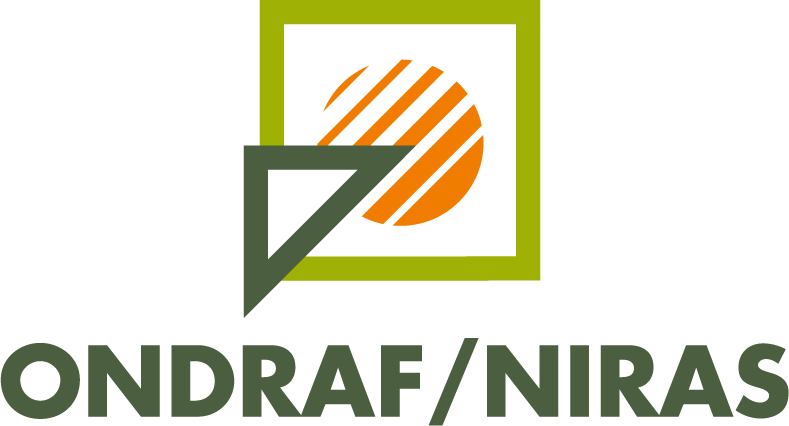Legal framework
Legal framework
What is the legal framework for radioactive waste management?
Radioactive waste management is a national responsibility, within an international framework. Key elements in this international framework are the Joint Convention on the Safety of Spent Fuel Management and on the Safety of Radioactive Waste Management, 1997 (IAEA), ratified by Belgium, and European Directive 2011/70/Euratom. These establish the provisions and principles applicable to radioactive waste management at national level. In addition, the Espoo and Aarhus international conventions are important instruments in the domain of environmental protection in a transboundary context and in the field of public participation in decision-making on environmental matters.

The Belgian legal and regulatory framework for radioactive waste management consists mainly of Article 179 of the Act of 8 August 1980 and the Royal Decree on protection against the dangers of ionizing radiation, as well as the Royal Decree of 20 July 2001. In addition, there are numerous other provisions applicable to the various aspects of radioactive waste management in the form of international conventions, European directives or national and regional legal and regulatory provisions.
Exactly what does the international framework say?
In summary, the international framework emphasises the national responsibility of States for the management of their radioactive waste. It stipulates that such waste (subject to special provisions) must be disposed of in the Member State where it was produced. This should be done in a 'disposal facility' with no intention of retrieving the waste. In doing so, the safety of long-term management must be ensured passively, i.e. without the need for further human intervention.
Status
What has already been decided in our country?
European Directive 2011/70/Euratom requires each Member State to establish a National Policy for the long-term management of high-level and/or long-lived waste. This National Policy will be defined step by step and consists of several parts that will gradually determine all aspects, including the participatory process, to enable the realisation of the disposal project.
The first part of the National Policy for the long-term management of high-level radioactive and/or long-lived waste was established with the Royal Decree of 28 October 2022. It lays down the decision in principle for deep disposal in Belgium but does not yet decide on the concrete modalities of this disposal. It therefore does not yet specify where, how and when the deep disposal will be implemented. However, the Royal Decree does stipulate that the preparation of decisions must be carried out in a transparent and participatory manner.
Societal debate
Why is a societal debate being organised?
In 2022, the federal government decided that a participatory process should be organised in order to reach a decision with broad societal support for the long-term management of high-level and/or long-lived waste in our country. The experience of the Dessel surface disposal project has shown that participation is a prerequisite for reaching a solution.
The societal debate is organised by the King Baudouin Foundation. The foundation guarantees an independent approach and has the experience and capacity to lead the debate. On the one hand, this debate aims to reaffirm or modify the choice of deep disposal on Belgian territory, on which the federal government has taken a decision in principle at the end of 2022. On the other hand, the societal debate will also provide input for ONDRAF/NIRAS to develop a policy proposal for the federal government.

Subsequent steps
What will happen after the societal debate?
Once the societal debate is over, ONDRAF/NIRAS will include the conclusions in its policy proposal to the federal government. It will then develop a second Royal Decree that will set out the decision-making process, including how the choice of site(s) will be determined.
The second Royal Decree will thus lay down the phased process for adopting the other parts of the National Policy for the long-term management of high-level and/or long-lived waste. During this process, it will be possible to reconsider one or more parts of the National Policy each time according to the principle of reversibility of the decision. This also means that any new Royal Decree will have to reaffirm the previous decision(s).

